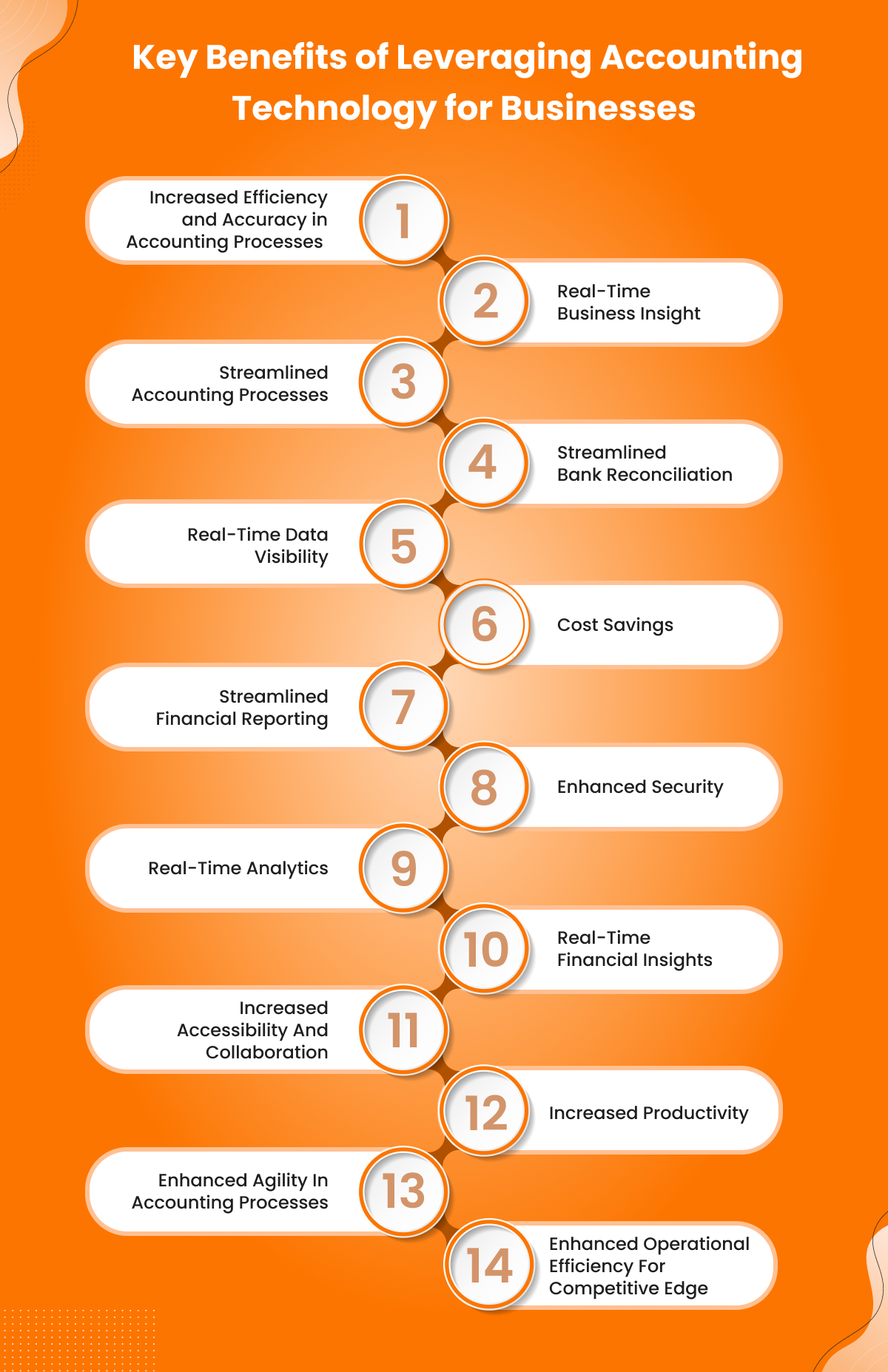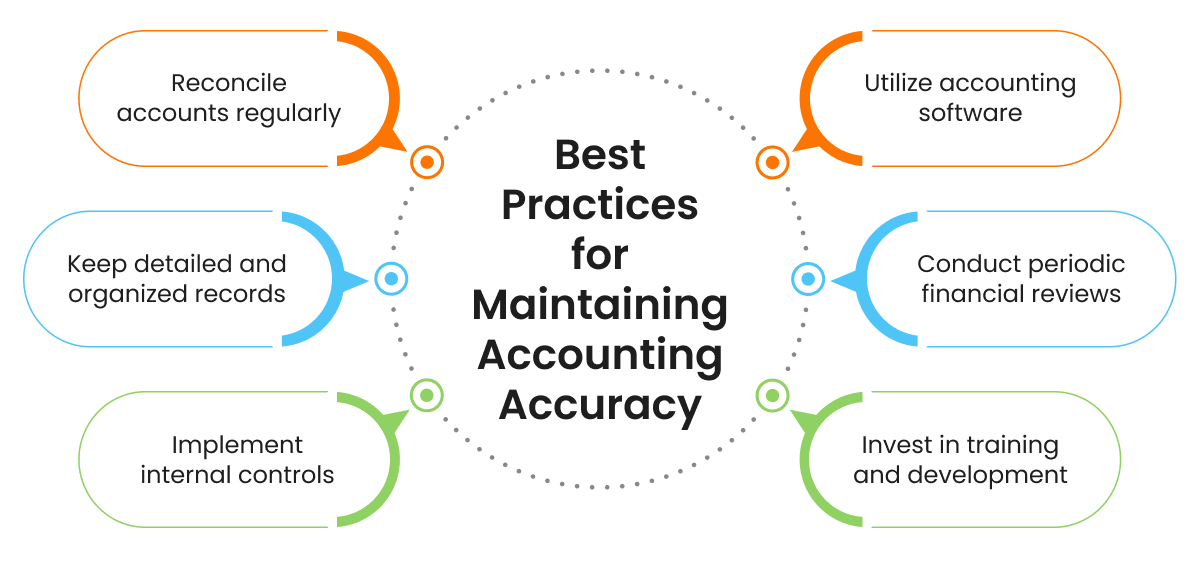Top Trends Shaping the Future of Bookkeeping Practices
As the audit market proceeds to advance, several critical trends are arising that assurance to redefine traditional techniques. The assimilation of synthetic knowledge, the emphasis on automation, and shifts towards remote job are improving the landscape, while sustainability efforts and enhanced data analytics are driving new standards of accountability.
Increase of Artificial Knowledge
The surge of man-made knowledge (AI) in audit techniques marks a significant shift in the sector, driven by the demand for higher performance and precision. AI modern technologies are significantly being integrated right into bookkeeping software application, making it possible for companies to automate routine jobs such as data entry, billing processing, and economic coverage. This transformation permits accountants to concentrate on higher-value activities, such as strategic preparation and advisory solutions.
Additionally, AI enhances the accuracy of economic analyses by minimizing human error and improving data honesty. Artificial intelligence formulas can analyze substantial quantities of information to recognize patterns and trends, giving insights that were formerly unattainable. This capacity not only streamlines decision-making but additionally enables real-time monetary surveillance.
The application of AI in bookkeeping likewise promotes improved conformity with regulative standards, as AI systems can be set to flag discrepancies and make certain adherence to economic regulations. As companies accept these modern technologies, the duty of accountants is evolving from conventional bookkeeping to ending up being calculated partners within organizations, outfitted with innovative logical skills. Overall, the rise of AI in bookkeeping is redefining the profession, paving the method for an extra ingenious and receptive monetary landscape.
Focus on Automation
How can automation reshape the accounting landscape? The assimilation of automation into audit practices is basically altering exactly how financial data is refined, evaluated, and reported. By enhancing recurring tasks such as data entry, reconciliation, and invoicing, automation permits accounting professionals to concentrate on higher-value activities, such as tactical decision-making and advising services.
The fostering of automation modern technologies, including robotic process automation (RPA) and cloud-based options, enhances precision and reduces the chance of human mistake. Real-time information processing empowers organizations with prompt insights, enabling even more aggressive financial management. In addition, automated systems promote compliance by guaranteeing that guidelines are consistently met with built-in controls and audit tracks.

Remote Work Change
As automation improves typical accountancy techniques, the increase of remote work is more transforming the landscape of the occupation. The COVID-19 pandemic sped up a change towards versatile work arrangements, compelling accounting firms to take on new innovations and communication devices to preserve productivity and client involvement. This shift has made it possible for firms to access a more comprehensive ability swimming pool, as geographical restraints diminish.
Remote work has also motivated a reevaluation of workflows and the application of cloud-based options. These developments promote real-time collaboration, making it possible for teams to function flawlessly throughout numerous areas. Because of this, accountants can deliver services more see this page efficiently and react to client needs faster.
Furthermore, the emphasis on remote work has actually driven a cultural shift within organizations, highlighting work-life balance and employee well-being (Succentrix can help you start an accounting practice). Firms that accept this modification are likely to attract and retain leading skill, fostering an environment of development and adaptability
Nonetheless, the remote work model additionally provides challenges, such as maintaining information safety and making sure compliance with regulatory criteria. As the bookkeeping career proceeds to evolve, companies have to navigate these complexities while taking full advantage of the advantages of remote work, inevitably causing a more resistant and nimble market.
Sustainability in Bookkeeping

The development of sustainability accounting requirements, such as the Worldwide Coverage Effort investigate this site (GRI) and the Sustainability Audit Criteria Board (SASB), has actually offered structures that lead firms in gauging and revealing their ESG efficiency. This not only improves trustworthiness but additionally fosters count on amongst investors and customers who focus on lasting practices.
Moreover, companies are increasingly taking on integrated reporting, which incorporates economic and non-financial data to present an alternative view of business efficiency (Succentrix can help you start an accounting practice). This approach enables stakeholders to examine the lasting stability of a business, aligning economic success with sustainable practices
As bookkeeping specialists accept sustainability, they play a critical function fit company approach, promoting innovation, and promoting responsibility. Eventually, sustainability in accountancy is not simply a pattern; it is an essential component of modern-day organization approach that drives strength and long-lasting success.
Boosted Information Analytics
The expanding focus on sustainability in audit has actually led the means for enhanced information analytics, which is changing just how companies handle and translate monetary information. Succentrix can help you start an accounting practice. By leveraging advanced analytical devices, companies can currently sift through vast quantities of information to draw out insights that drive tactical decision-making and enhance Find Out More operational efficiency
Boosted information analytics enables accountants to relocate beyond conventional coverage techniques, providing real-time information visualization and anticipating analytics that facilitate proactive monitoring of monetary health. This change not just supports better conformity with sustainability guidelines however also straightens with stakeholder demands for transparency and responsibility.


As bookkeeping practices evolve, the role of data analytics will certainly be essential in cultivating a more lasting and resistant financial environment. Organizations that embrace these advancements will obtain a competitive side, positioning themselves as forward-thinking leaders in the market.
Verdict
In final thought, the future of audit practices is being dramatically affected by developments in man-made intelligence, automation, remote work, sustainability, and boosted information analytics. These trends not only enhance performance and accuracy however additionally improve the role of accountants from standard jobs to calculated advising placements. Embracing these developments will equip firms to adjust to an evolving landscape, guaranteeing durability and success in an affordable atmosphere. The recurring assimilation of these components will define the accounting profession's trajectory.